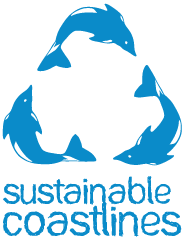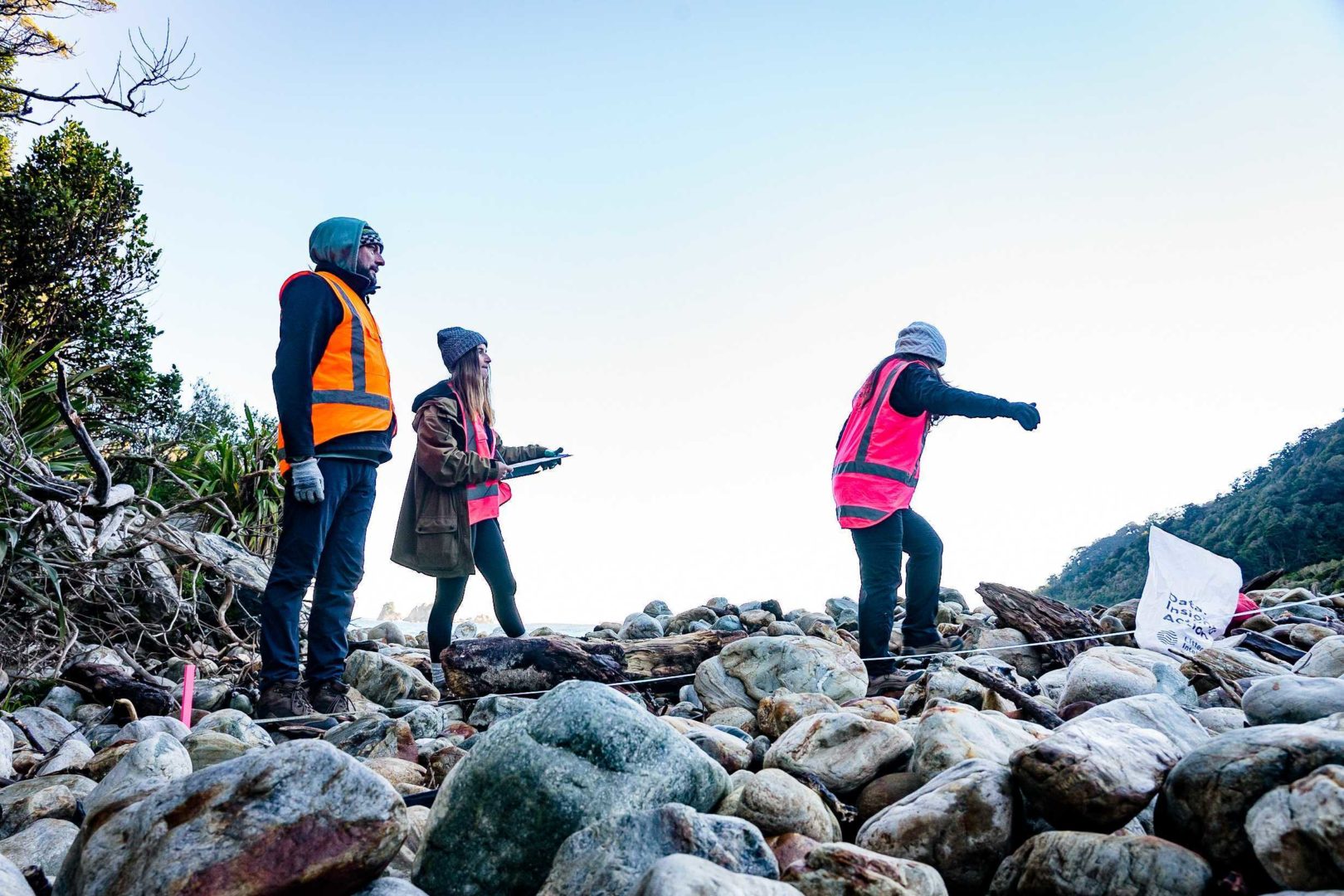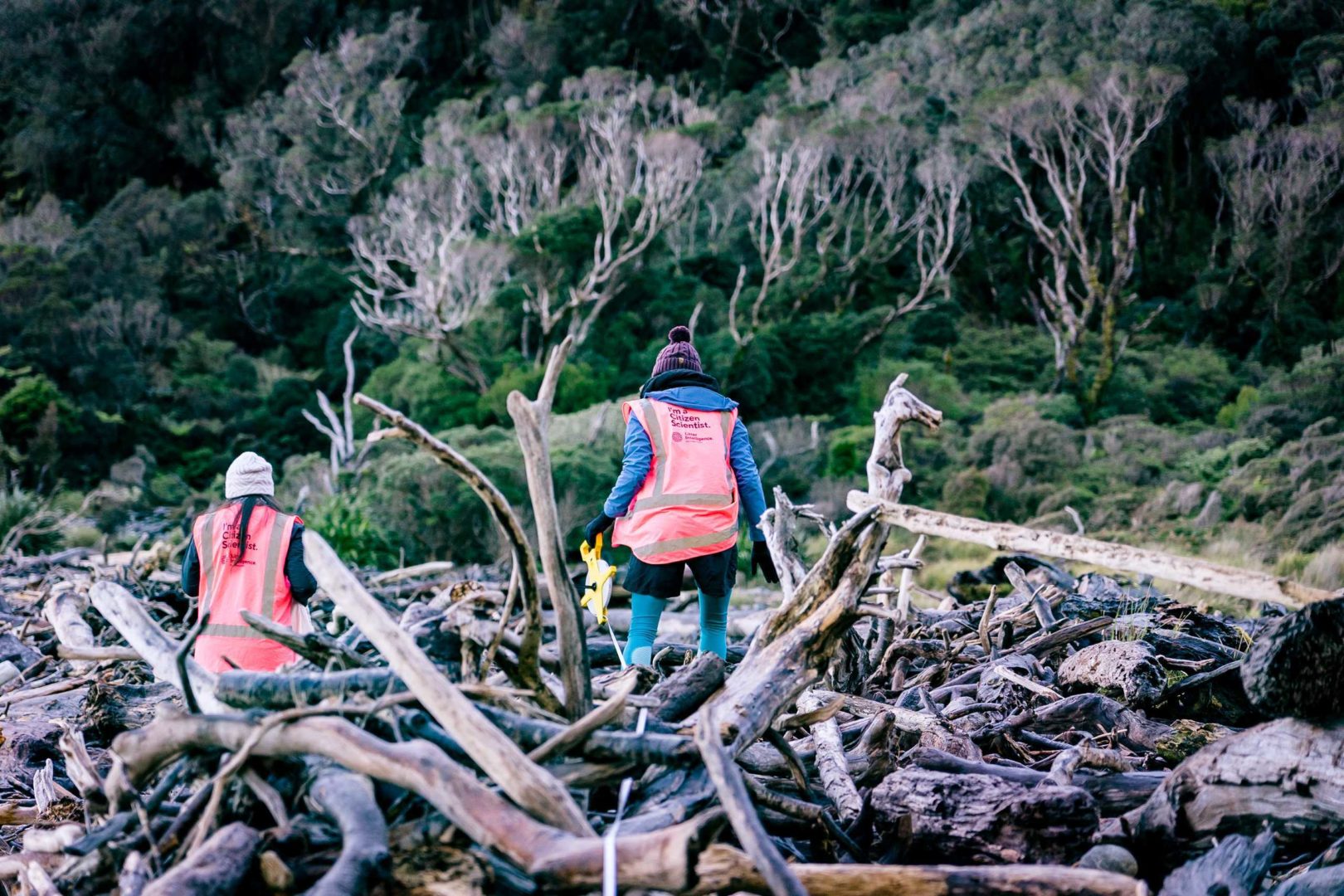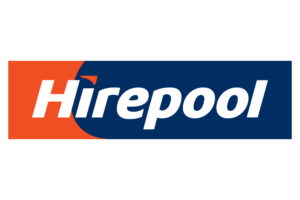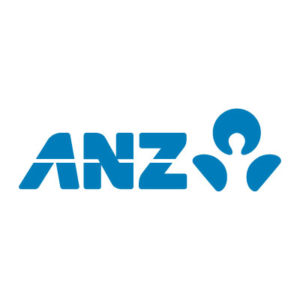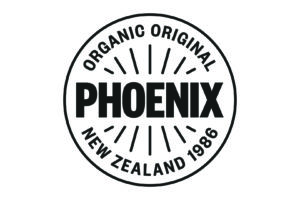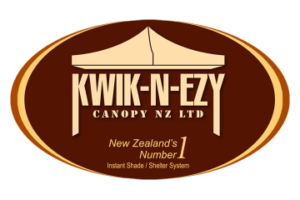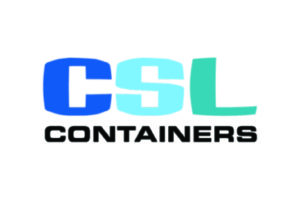People have never been more concerned about the plight of our ocean, and sadly, they’re right to be worried — our moana needs our help. Award-winning charity Sustainable Coastlines led an expedition to some of Aotearoa’s most remote beaches to reveal the shocking state of our plastic pollution problem. In light of the findings, it is calling on all Kiwis to take action this World Ocean Day, on Tuesday, 8 June.
World Ocean Day is about coming together to honour and celebrate our shared moana, with a special emphasis on education and awareness. Globally an estimated 11 million tonnes of plastic waste enters the ocean every year, and without urgent action, that amount will nearly triple by 2040.
Unfortunately, New Zealand’s coastlines do not escape the plastic problem. Sustainable Coastlines was able to quantify litter density at some of New Zealand’s most remote beaches, during an expedition in Fiordland last week. The team were there to set-up survey sites as part of its nationwide litter monitoring programme, Litter Intelligence. In only ten 100 metre stretches of shore, the charity removed 1,586 items totalling nearly half a tonne, 93% of which were made of plastic.
“Despite the isolation, the number-one item found was consistent with the top offender across over 200 survey sites nationwide: Hard plastic fragments. Plastic fragments are ubiquitous in our marine environment due to our addiction to plastic products, and mismanagement of them before, during and after their useful lives,” says Sustainable Coastlines Co-Founder Camden Howitt.
Significant numbers of consumer plastics were found, with plastic bottles the second most common item on Fiordland coastlines, at over 30 times the national average. Large quantities of fisheries-related debris were also washed up, again at levels over 30 times the national average. At 93%, the proportion of plastics found was far higher than the 75% national average — a reminder of the longevity of plastics and their propensity to move long distances on ocean currents.
